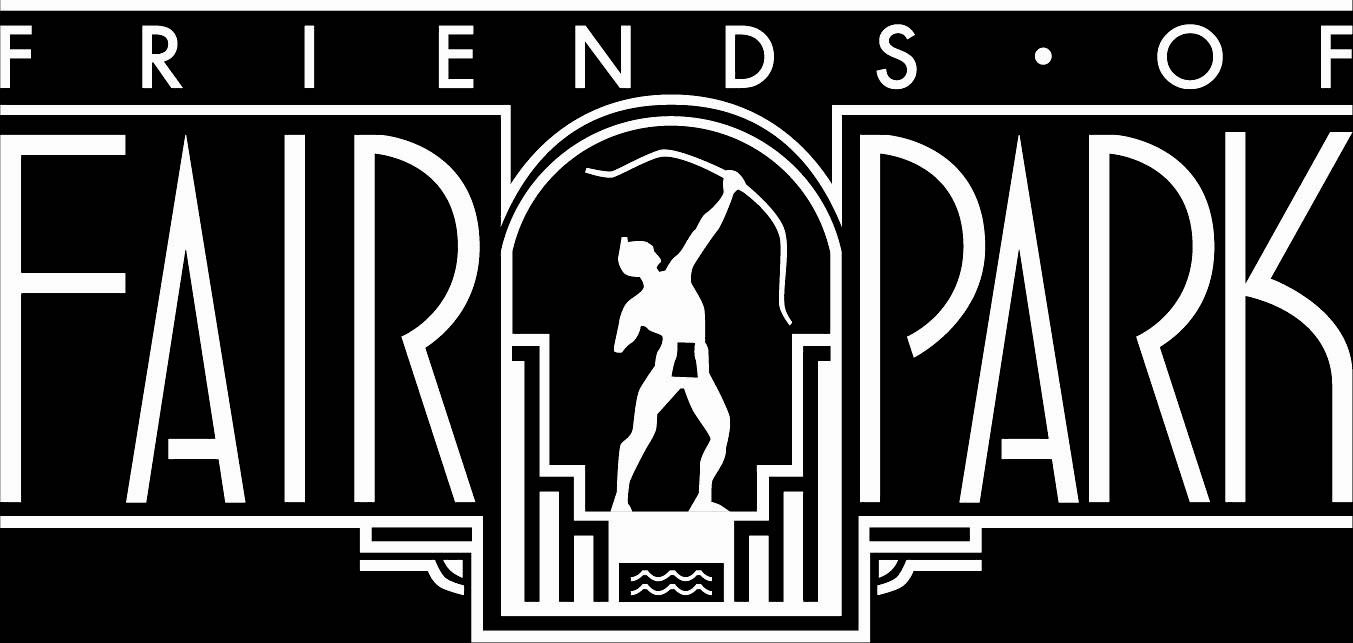Meet Margo Jones
About Margo Jones Margo Jones was one of the major innovators and visionaries in American theater history. She founded Theatre '47 in Dallas, a non-profit professional theater that was the first of its kind in the country, and ran it until her death in 1955. (The name changed with every year.) It provided an early model for the resident theater movement of the 1960s and '70s which transformed the American stage. She was a crucial figure in the early career of Tennessee Williams and discovered playwright William Inge. Her 1955 world premiere in Dallas of Lawrence and Lee's Inherit the Wind - initially rejected by eight Broadway producers - saved a major American play. Margo was influenced by the European art theater, which she encountered in the 1930s, and combined this with a belief in"decentralization" - the movement to expand theater beyond Broadway's commercial domination. Through her work for the Depression-era Federal Theater Project in Houston, she also absorbed the idea of an American national theater. In the early 1940s, Margo put all these concepts together in a plan to start a national network of nonprofit, professional theaters that would serve new audiences and nurture the artists soon to emerge from World War II. At the time, professional theater was virtually non-existent outside New York. |
Margo Jones & Tennesse Williams Summer and Smoke |
What Margo Jones Believed About Creating Theatre in Dallas
Although Margo Jones is credited with the creation of regional theatre, Tyrone Guthrie popularized it in the early 1960s. His belief in the English Model of a heavy “classical” rotation marginalized the living playwright. This model was adopted by most training programs in America and the LORT system. This is why the vast majority of plays seen in American Regional Theatre today are from playwrights that have passed. It is also why there are so few women and non-European voices being heard. Although this is changing, it is not changing fast enough.
Here is what Margo believed about the subject…
“We need progress, and the seed of progress in theatre lies in the new plays.
I believe it is imperative in creating new resident professional companies to take a violent stand about the choice of plays. Personally I believe in the production of classics and new scripts, with emphasis on new scripts. Our theatre can never be stronger than the quality of its plays. We must, therefore, have a great number of good plays. The classics have proved their value throughout the history of the theatre, and I believe we should draw on them as great literature and great theatre. But if we ( produce only classics, we are in no way reflecting our own age. Our theatres must not only be professional, they must be contemporary as well. The most excellent seasons in New York are those which bring forth exciting new play-writing talent.
Too many people are saying, ' I’ll do a new play if I can find a good one.' Certainly you must find a good one, but this attitude is not good enough. The plays can be found if you look hard enough. And if you take the violent stand I have spoken about, you will feel obligated to search and search and search until the scripts are discovered. I have a belief that there is great writing in America today and that much of it has not yet been unearthed.
Great theatres have always had their playwrights. Shakespeare, Lope de Vega, Moliere, Ibsen—all these were men around whom theatrical companies were functioning. The Moscow Art Theatre had Chekhov; the Abbey Theatre had Yeats, Synge and O’Casey; the Provincetown had O’Neill; the Group had Odets. We must have our new playwrights, and we will not have them unless we give them many outlets to see their plays produced. This is the best way in which they can learn to write better plays.
The production of classics is healthy, but it is not step in the flowering we want to see in the American theatre. We need progress, and the seed of progress in theatre lies in the new plays."
~ From Margo’s Book, Theatre-in-the-Round (1951)


